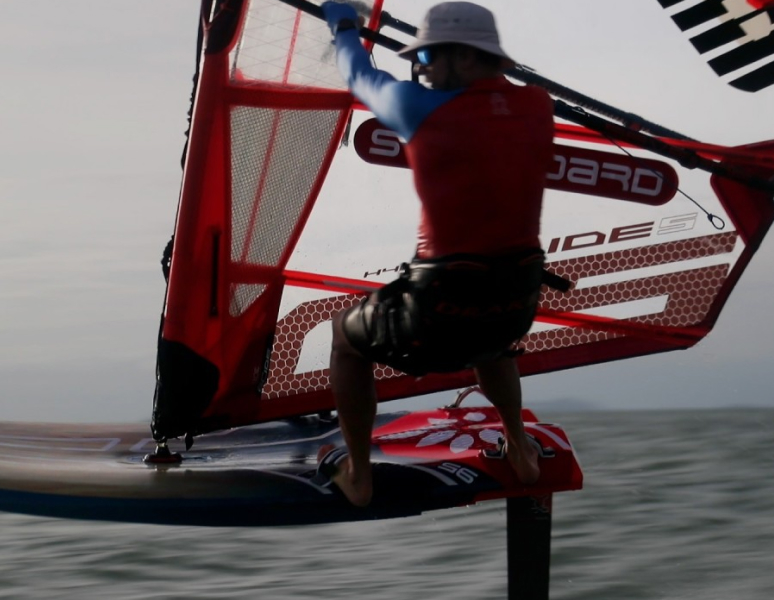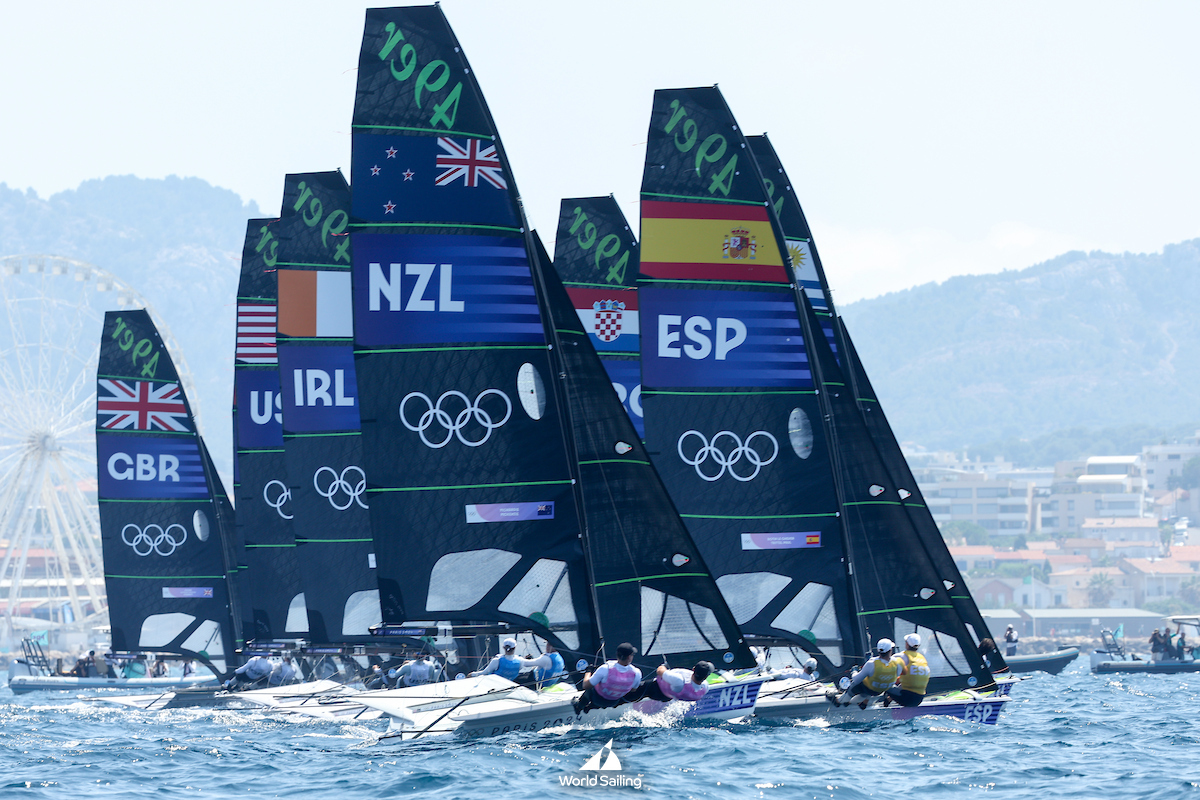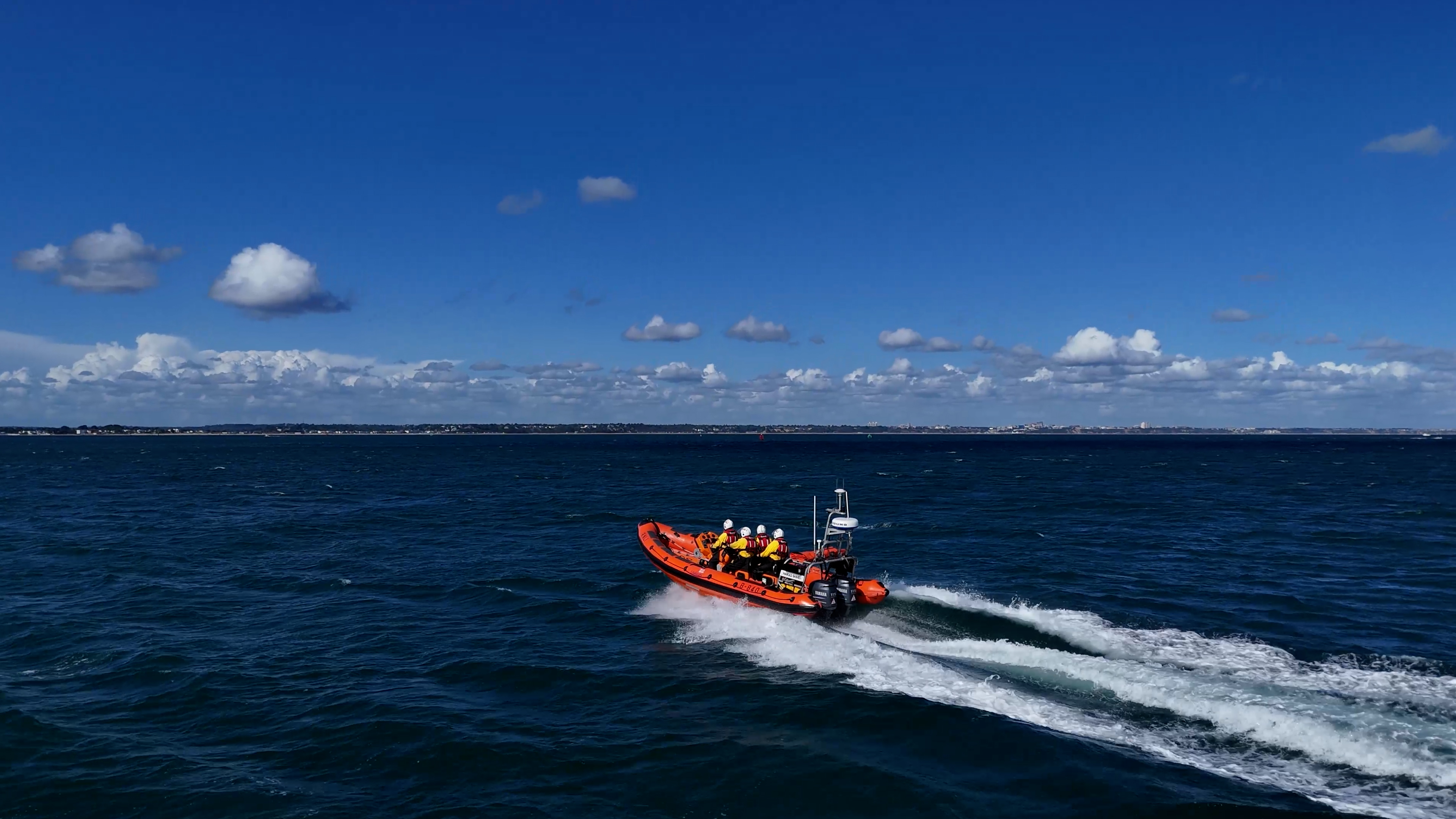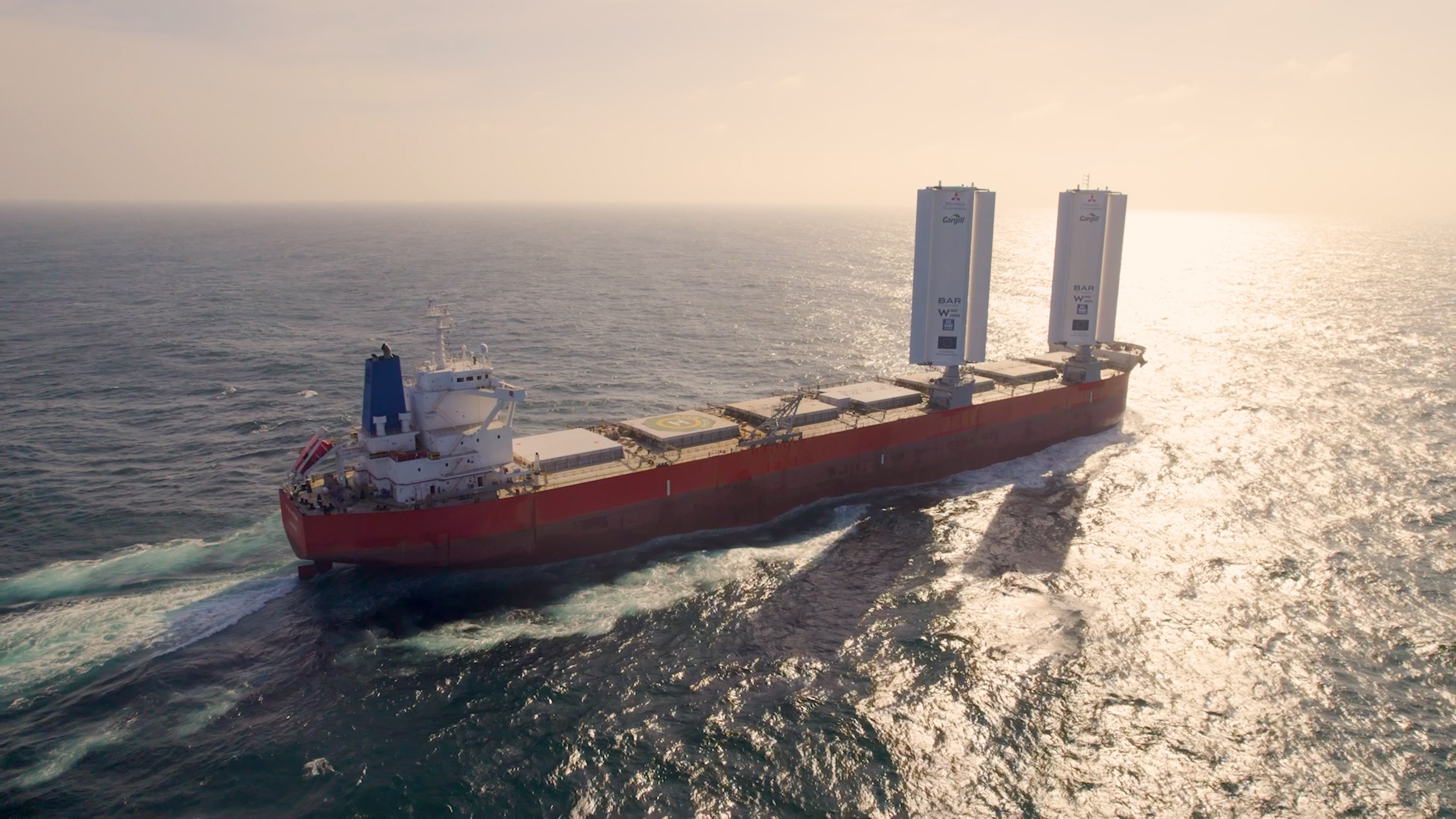Starboard World Limited, a global leader in water sports equipment, has long balanced cutting-edge performance with environmental responsibility. As the designers of the Olympic iQFOiL windsurfing class, they knew their influence stretched far beyond their market share.
In a sport that relies on a healthy ocean and strong winds, protecting the playground is as important as performance on it.
With the Paris Olympics looming, Starboard saw an opportunity to create a concept board that could test innovative materials and design solutions, underpinned by rigorous Life Cycle Assessment (LCA). The aim was to inspire real-world improvements in sustainability, not just for one board, but for the entire industry.
In 2023, they launched the EQFoil project. It was a bold initiative to redesign the Olympic board using more sustainable materials without compromising performance. They partnered with MarineShift360 to explore this challenge using LCA.
The Challenge
High-performance foiling boards like the iQFOiL are built for speed and strength. They rely on advanced composites such as carbon fibre and EPS foam. But those same materials are high in emissions, expensive, and nearly impossible to recycle.
Could Starboard design a board that retained elite performance while significantly cutting its environmental impact? And importantly, could they do it in a way that other manufacturers could learn from?
The Approach
With support from MarineShift360, Starboard began by measuring the full environmental impact of their Olympic iQFOiL board using robust LCA methodology. This included emissions from raw material extraction, production, and end-of-life treatment, as well as indicators like toxicity and recyclability.
The tool captured data across the entire product lifecycle, giving the team visibility of impact hotspots and quantifying the benefits of different design decisions.
Using the MarineShift360 tool, they identified carbon fibre as the single biggest hotspot. It was responsible for almost 40% of the board’s raw material emissions. The EPS core and energy used during production also featured prominently.
From there, Starboard’s team explored dozens of alternative layups. They tested combinations of basalt fibre, recycled PET foam, and wood veneer.
MarineShift360’s modelling enabled them to simulate environmental impacts before building physical prototypes. Promising options were then physically tested for performance, including stiffness, weight, durability, and responsiveness.
This approach reduced material waste and trial-and-error. It allowed Starboard to focus its R&D efforts on solutions with the highest potential upside.
The Results
The final prototype, named the EQFoil, retained the shape of the Olympic iQFOiL board but used significantly lower-impact materials. The result was:
- 37% reduction in raw material carbon emissions
- 18% reduction in the overall carbon footprint
- 10–30% reductions across other environmental indicators (including water use, resource scarcity, and toxicity)
Basalt fibre replaced carbon in non-critical areas. Recycled PET was used instead of PVC, which not only cut emissions but also improved recyclability and worker safety. And for the first time in years, wood veneer was reintroduced. It offered a lower-impact material with a premium aesthetic.
This was achieved with a relatively small trade-off. The prototype was approximately 500 grams heavier than the original, on a board weighing around 11.4 kilograms.
While this did affect responsiveness slightly, early feedback was positive. Recreational and entry-level riders in particular were unlikely to notice a significant difference. The prototype showed that substantial emissions reductions are possible, even within the high-performance demands of Olympic sport.
Beyond the Numbers
This wasn’t just about building a sustainable board. It sparked a cultural shift inside Starboard.
The LCA process gave their R&D team a new metric for innovation to sit alongside performance and cost. It also catalysed internal conversations around materials, supply chains, and design.
Several findings from the EQFoil project are already being applied and tested in other products, including SUP boards and paddles.
From a commercial and brand perspective, the impact was just as compelling:
- Cost savings: By identifying areas where high-cost carbon fibre was overused, the team uncovered opportunities for material efficiency and budget optimisation.
- R&D acceleration: Access to LCA modelling enabled faster, more focused innovation with less waste.
- Reputation and recognition. In 2024, Starboard won the inaugural Sport Positive Climate Impact Award. The award recognised its leadership in environmental innovation across the Olympic movement.
- Partnership opportunity. Starboard is now working closely with World Sailing and other governing bodies to explore how lower-impact boards could influence future Olympic classes.
Svein Rasmussen, Chief Innovator at Starboard, said: “The MarineShift360 tool has made it possible for us to accurately evaluate different build methods in regard to CO₂ emissions – you can see this in the eQFOiL Paris 24 project. It has also been the key to faster calculation of our company’s carbon footprint.”
What This Means for the Industry
Starboard’s EQFoil project shows that change is not only possible. It's practical.
By using LCA to identify hotspots, test alternative materials, and simulate changes before going to production, manufacturers can reduce emissions, lower costs, and unlock new stories to tell customers and investors. Better still, they can do so without sacrificing the performance their sport demands.
As the Olympic movement looks ahead to LA 2028, projects like EQFoil show how sport can lead by example, designing for performance and planet, and shaping a more sustainable legacy for future Games.
Explore what LCA can do for your business
Want to explore how LCA can help your business cut emissions, unlock innovation, save money and build better products?
Get in touch with Lizzy Howard at MarineShift360 to book a demo or find out more: lizzy.howard@marine-futures.com



